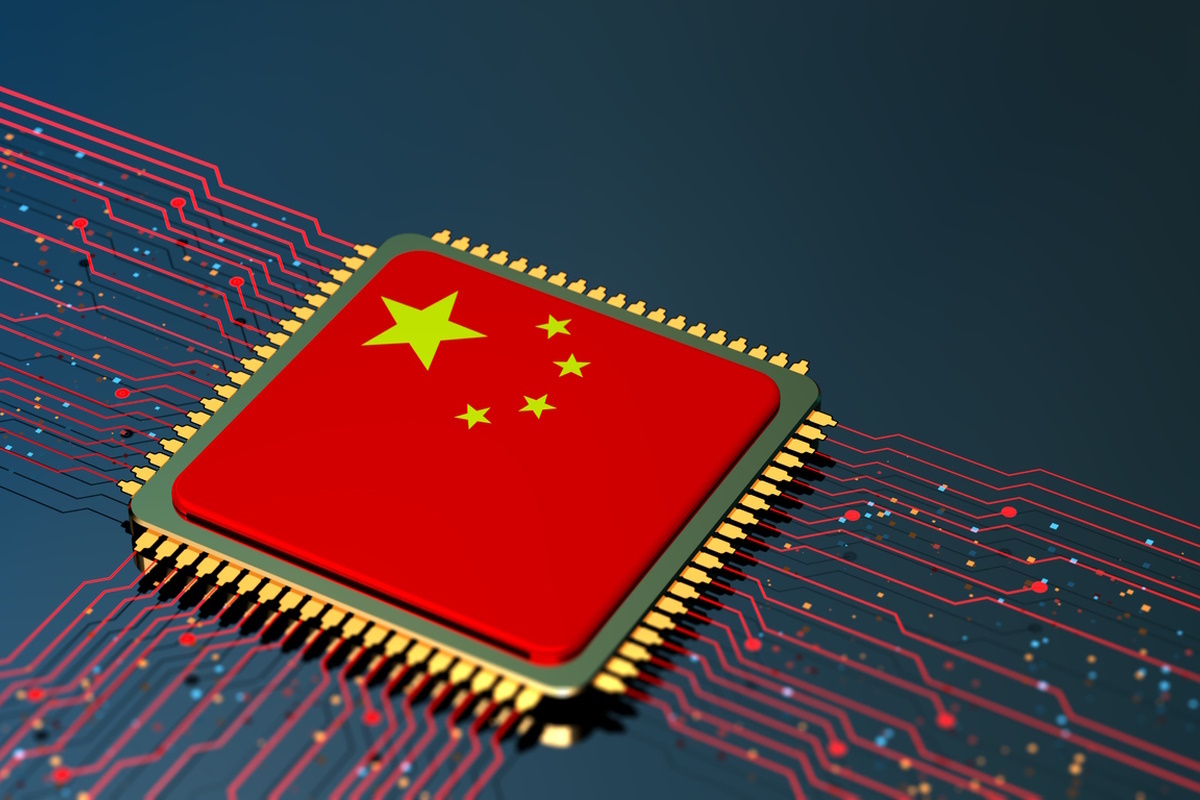China's tech boom is nothing short of phenomenal. In just a few decades, the country has transformed from a manufacturing hub to a leader in cutting-edge technology. This surge has reshaped the global tech landscape, introducing innovations that impact everyday life worldwide. But what fuels this rapid growth, and who are the key players? Let's dive deep into the heart of China's tech explosion.
Historical Context: Nova Inside China's Tech Boom

To understand China's current tech prowess, we need to rewind a bit. The seeds of this boom were planted in the late 20th century when China began opening up its economy. Early developments focused on building a robust infrastructure and fostering a culture of innovation. Milestones like the advent of the internet in China during the 1990s and the rise of homegrown tech giants set the stage for today's advancements.
Government Policies and Support
One cannot discuss China's tech boom without acknowledging the pivotal role of the government. Beijing's strategic policies and financial support have been instrumental. Initiatives like "Made in China 2025" aim to reduce dependence on foreign technology and promote indigenous innovations. Furthermore, substantial investments in research and development (R&D) have propelled the sector forward, ensuring that China remains at the cutting edge of technology.
Major Players in China's Tech Industry

Several companies stand out as pillars of China's tech industry:
- Alibaba: Known globally for its e-commerce platform, Alibaba has expanded into cloud computing, AI, and more.
- Tencent: Beyond its famous messaging app WeChat, Tencent is a powerhouse in gaming, fintech, and cloud services.
- Huawei: A leader in telecommunications, Huawei is at the forefront of 5G technology, despite facing international scrutiny.
- Baidu: Often referred to as China's Google, Baidu excels in search engines, AI, and autonomous driving technology.
Innovative Startups and Unicorns
China is also a hotbed for startups and unicorns. Companies like ByteDance (the parent company of TikTok) and Didi Chuxing (a ride-hailing giant) are making waves globally. These startups are not just mimicking Western models but are pioneering unique solutions tailored to the local market, which often later gain international traction.
Artificial Intelligence and Big Data
AI and big data are the crown jewels of China's tech boom. The country is home to some of the world's most advanced AI technologies, from facial recognition systems to smart assistants. Big data is leveraged across industries, enhancing everything from retail to healthcare with unprecedented precision and efficiency.
E-commerce Revolution

China's e-commerce landscape is unparalleled. Giants like Alibaba and JD.com have revolutionized online retail, creating a seamless shopping experience that integrates social media, live streaming, and AI-driven recommendations. The annual Singles' Day sales event has become the world's largest shopping festival, dwarfing Black Friday and Cyber Monday combined.
Fintech Advancements
In the realm of fintech, China is a pioneer. Digital payment platforms like Alipay and WeChat Pay have become ubiquitous, transforming the way people transact. Blockchain technology and cryptocurrencies are also gaining traction, with Chinese firms exploring innovative applications across various sectors.
Smart Cities and IoT
China is leading the way in smart city development. Cities like Shenzhen and Hangzhou are equipped with IoT devices that manage everything from traffic flow to energy consumption. These technologies not only enhance urban living but also create more sustainable and efficient environments.
5G and Telecommunications

The rollout of 5G is another feather in China's cap. With Huawei at the helm, China is deploying one of the world's most extensive 5G networks, promising faster internet speeds and new possibilities for technology integration across devices.
Challenges and Controversies
However, the journey is not without its hurdles. Intellectual property theft has been a significant issue, straining international relations. Data privacy remains a contentious topic, with concerns over how data is collected and used. Moreover, ongoing trade tensions with the US have created an uncertain environment for Chinese tech companies.
Impact on Global Tech Landscape
China's tech boom is reshaping the global tech landscape. Its innovations influence trends worldwide, from AI advancements to e-commerce practices. International collaborations and partnerships are becoming more common, as Western companies seek to tap into China's tech ecosystem.
Future Prospects

Looking ahead, the future seems bright for China's tech sector. Emerging technologies like quantum computing, biotechnology, and advanced robotics are on the horizon. Predictions suggest that China will continue to lead in several tech domains, driving global innovation.
Conclusion
China's tech boom is a testament to the country's strategic vision, robust government support, and entrepreneurial spirit. As it continues to innovate and overcome challenges, China's tech sector is poised to shape the future of technology on a global scale.
FAQs
Q. What Are the Main Factors Behind China’s Tech Boom?
Ans: The main factors include strong government support, significant investments in R&D, a large and competitive market, and a culture that fosters innovation and entrepreneurship.
Q. How Does China’s Tech Industry Compare Globally?
Ans: China’s tech industry is on par with, and in some areas surpasses, those of Western countries. It leads in fields like AI, 5G, and e-commerce.
Q. What Role Does the Government Play in Tech Development?
Ans: The Chinese government plays a crucial role by providing funding, setting strategic priorities, and implementing policies that support tech growth and innovation.
Q. What Are the Key Challenges Facing China’s Tech Industry?
Ans: Key challenges include intellectual property issues, data privacy concerns, and international trade tensions that could affect market access and supply chains.
Q. What Can We Expect from China’s Tech Sector in the Future?
Ans: We can expect continued advancements in emerging technologies, increased global influence, and ongoing efforts to overcome current challenges and innovate further.
